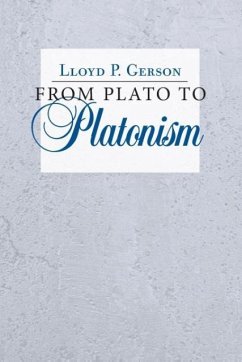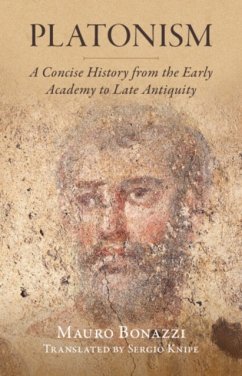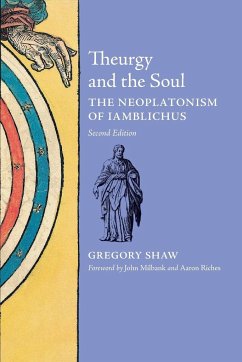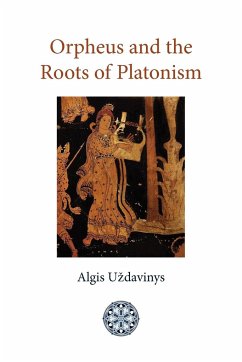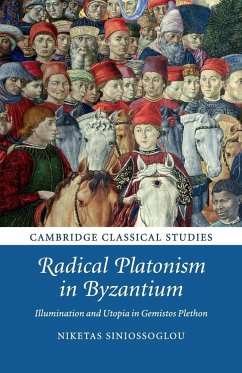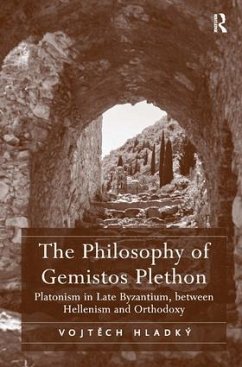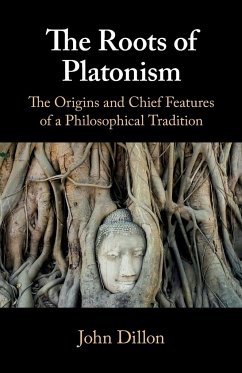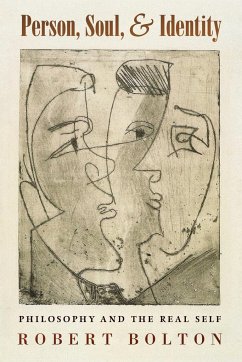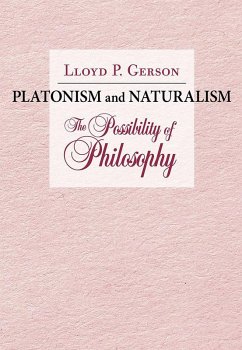
Platonism and Naturalism
The Possibility of Philosophy
Versandkostenfrei!
Versandfertig in 2-4 Wochen
71,99 €
inkl. MwSt.

PAYBACK Punkte
36 °P sammeln!
"An account of the central tradition in the history of philosophy, Platonism, along with the class of philosophical positions collectively known as Naturalism and the 'anti-Platonism' of Naturalism both in antiquity and in contemporary philosophy"--



